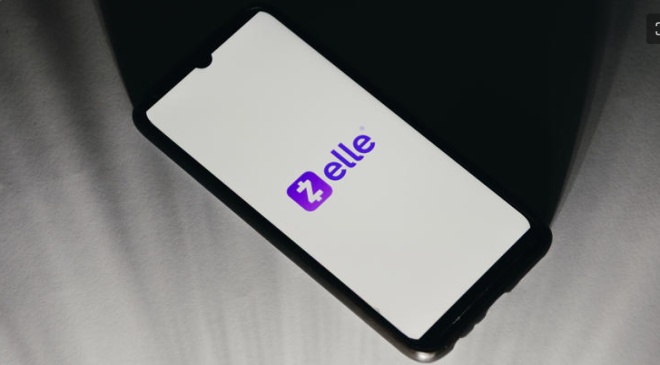Small businesses, independent contractors and gig workers who want to avoid reporting income paid through P2P apps like Venmo and PayPal might have found a loophole — and it could be costing the government tens of billions of dollars in tax revenue.
Also Read – 3 Dividend Stocks That Should Pay You the Rest of Your Life
That loophole is Zelle, a bank-to-bank payment service that does not hold funds. Because of its setup, Zelle claims that its payments are not subject to a new IRS tax rule that was to go into effect on Jan. 1, 2022, Bloomberg reported. That rule was later deferred to apply to the 2023 tax year, instead, giving taxpayers time to prepare for its implementation.
Under that rule, third-party payment processors such as Venmo and PayPal must issue 1099-K forms to any users who receive more than $600 in payments via their apps and also file them directly with the IRS.
Prior to the rule, Venmo and other apps issued 1099-Ks only for customers with gross payments exceeding $20,000 who had made more than 200 of these transactions, Bloomberg noted. Because the thresholds are much smaller now, many small business owners and gig workers are flocking to Zelle on the theory that they won’t have to report income they receive on the platform.
Also Read- Heineken Seals €1 Billion Share Buyback as Femsa Exit Begins
“A lot of people think they’re just doing a side gig, or are small potatoes, so why should they pay taxes?” Steven Rosenthal, a senior fellow at the Urban-Brookings Tax Policy Center, told Bloomberg. “I think the level of noncompliance from small businesses is staggering.”
He pointed to an IRS analysis of the years 2014-2016 estimating that unreported individual and small-business activities cost $144 billion in taxes a year. The report also found that Americans report less than half of the income that isn’t automatically reported for them.
The IRS is very clear that anyone receiving business payments on a P2P platform such as PayPal, Venmo and Stripe is responsible for reporting that income, according to Intuit/TurboTax. The platforms themselves are also required to provide information to the IRS about customers who receive payments for the sale of goods and services through those platforms.
And as CNET noted, these platforms might reach out to you to confirm tax information such as your employer identification number, individual tax identification number or Social Security number.
Things are fuzzier when it comes to Zelle, however, because it is integrated into users’ bank dashboards and run by Early Warning Services LLC, which is jointly owned by Bank of America, Truist, PNC, US Bancorp, JPMorgan Chase, Wells Fargo and Capital One.
Also Read– The Average New Car Payment Sounds Like A Sick Joke
As Bloomberg explained, Zelle is essentially an electronic network that manages automated clearinghouse (ACH) transactions — and ACH networks “are not subject to 1099-K reporting,” according to Wendy Walker, chair of the Information Reporting Subgroup of the IRS Advisory Council.
A Zelle spokeswoman had a similar take in an email to Bloomberg, saying that payments sent through its network “are not subject” to the new IRS law.
Regardless of what the technical rules say, Rosenthal said people should be very wary of assuming they can dodge taxes by using Zelle instead of a P2P platform.
Also Read– How to get an LLC loan
“It’s a dangerous game for tax cheats to migrate to Zelle,” he told Bloomberg. “It wouldn’t be hard for the IRS to unravel that.”









































